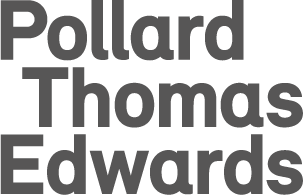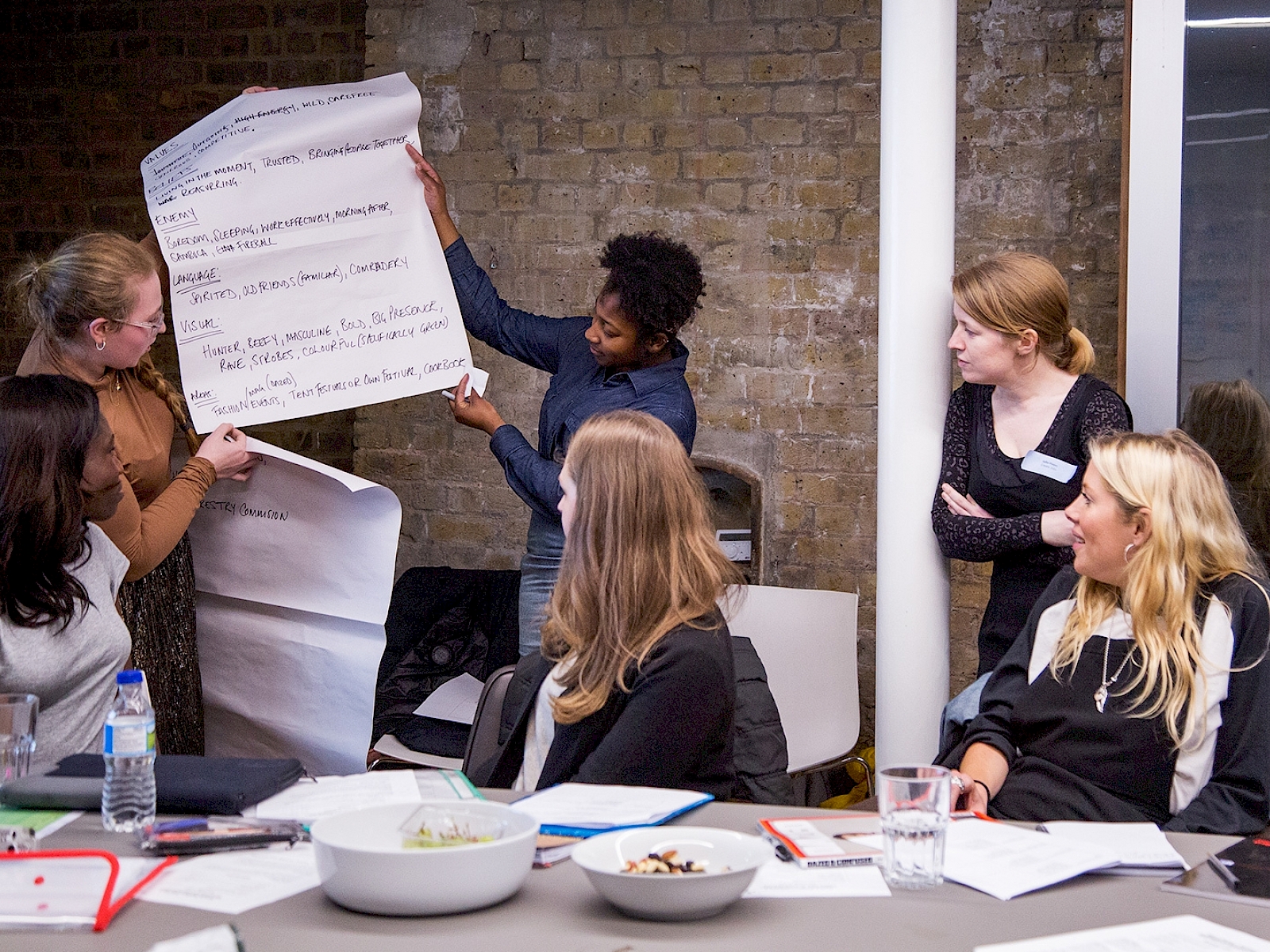Author: Andrew Beharrell, Senior Partner
Transforming the workplace
As a technophobe, I have been amazed by how readily our business and others have adapted to working from home. We thought we were already at the forefront of flexible working, but now realise how transformational a permanent shift could be – both by choice and to anticipate future periods of enforced isolation.
We are already rethinking how we will use our physical studio at Diespeker Wharf: more a place for workshops, meetings, networking, socialising and other events rather than fixed workstations. I can imagine remote working becoming the norm, with regular visits to the studio for vital ‘contact time’ (even if we still preserve our distance for a while). And for those need or prefer to remain office-bound, it can be safer workplace with a reversal of the trend towards smaller shoulder-to-shoulder workstations.
This trend would logically transform both the nature of the workplace and the amount of space we need. Will it generate surplus commercial space and lower rents?

PTE’s studios post-pandemic – a place for workshops, meetings, socialising and events
Space in the home
The flipside is that we need more spacious homes to work from and social support to enable us to carve out the necessary head space for concentration. Some of our people have been having to work from a shared kitchen table with infants round their knees. This reinforces the justification for decent space standards in new homes, including private outdoor space, and spare rooms in existing ones – in direct contradiction to cramped office-to-residential conversions and the ‘bedroom tax’ on social tenants. PTE has already been developing apartment plans with a separable screened space off the living room - study, hobby-room, short-stay guest room – typically adding 10% to London Plan space standards.
More space comes at a cost, and we may see an increase in the age-old movement of people (and especially young families) leaving the capital to seek a better life, with cheaper and more spacious homes, in regional town and cities and rural settlements with decent broadband. Perceived reduction of risk from future infection could also be an incentive. Some net outward migration could be seen as positive rebalancing of economic activity between London and the regions.

Space in the home – apartments at PTE’s New Ground co-housing include a separable screened space off the living room
High rise isolation
And could this finally get developers, architects and planners to wake up to the limitations of tall buildings as mainstream housing? After the financial crisis and then Grenfell Tower and then Extinction Rebellion, I thought the stampede to build tall in London must end– but will it? The latest NLA Tall Buildings Survey shows little change in the (525) towers in the pipeline and a 140% increase in 2019 completions. However, starts on site are down and new applications static– could this be the beginning of a long-term reappraisal?
Sharing lifts is a great way to share viruses – and do we really want to reinforce the social isolation of living high with the mandatory isolation of pandemics? More positively, let’s revive the apartment block staircase as an attractive daylit social space and opportunity for exercise – and build at heights which make climbing stairs the practical choice, with lifts for those who really need them. The Edwardians built walk-up mansion blocks as high as six storeys, and four-storey walk-ups were common until the 1990’s.

Antidote to high rise isolation – sociable well-lit staircases in small walk-up blocks
Public realm dividend
It would be great to think that less commuting will mean less traffic and an opportunity to reassign road space to pedestrians and cyclists. It has been a joy to walk down the middle of traffic-free roads for my daily exercise in the cleaner air of London in lockdown. The countertrend would be an increase in private car use, the perfect mobile isolation tank.
As for public parks and shared gardens if we ever we needed proof of their value - and the essential importance of providing generous open space to serve new high-density developments – we have it. Who would have imagined the perverse closure of parks and open spaces for being too popular!
Perhaps the pandemic will accelerate the death of the high street for general retail and its rebirth for leisure? And all those home-workers could benefit from a flourishing of local business hubs, offering basic support services, meeting space and workspace-by-the-hour – potentially shifting the focus of existing retail businesses, as well as the obvious opportunity for cafes to diversify.

Public realm dividend – the new London square at PTE’s New Garden Quarter, Stratford
Digital and physical communities
We do a lot of community engagement in the context of planning and regeneration. The pandemic has accelerated our move into digital engagement tools and our awareness of how readily social media can create ‘instant digital communities’. I am sure we have all seen new WhatsApp groups forming on our own streets to share information, encourage volunteering and target support towards neighbours who need it. As regards digital democracy, we recently enjoyed one of London’s first ever virtual planning committee approvals – the largest scheme ever in that borough, which was processed in 20 minutes!
At the same time, we have seen a resurgence of the street and front garden as a social spaces - for the ritual Thursday evening applause for the NHS and for doorstep conversations with family and friends, which would otherwise have taken place inside.

Digital and physical communities – post-pandemic community life at PTE’s Coronation Square, recently approved at one of London’s first virtual planning committee meetings








